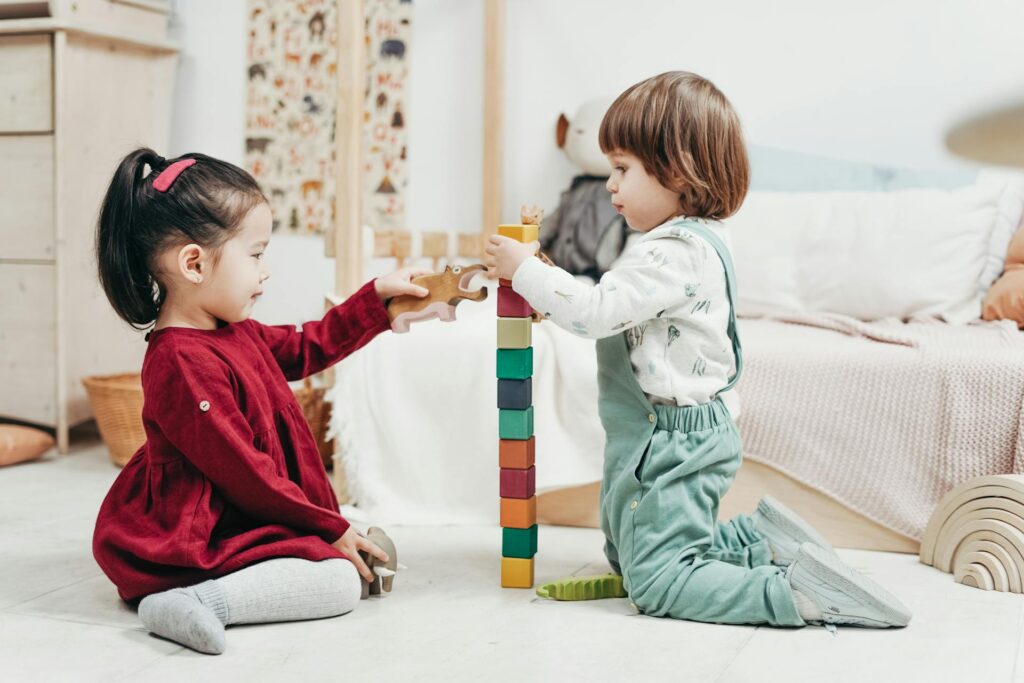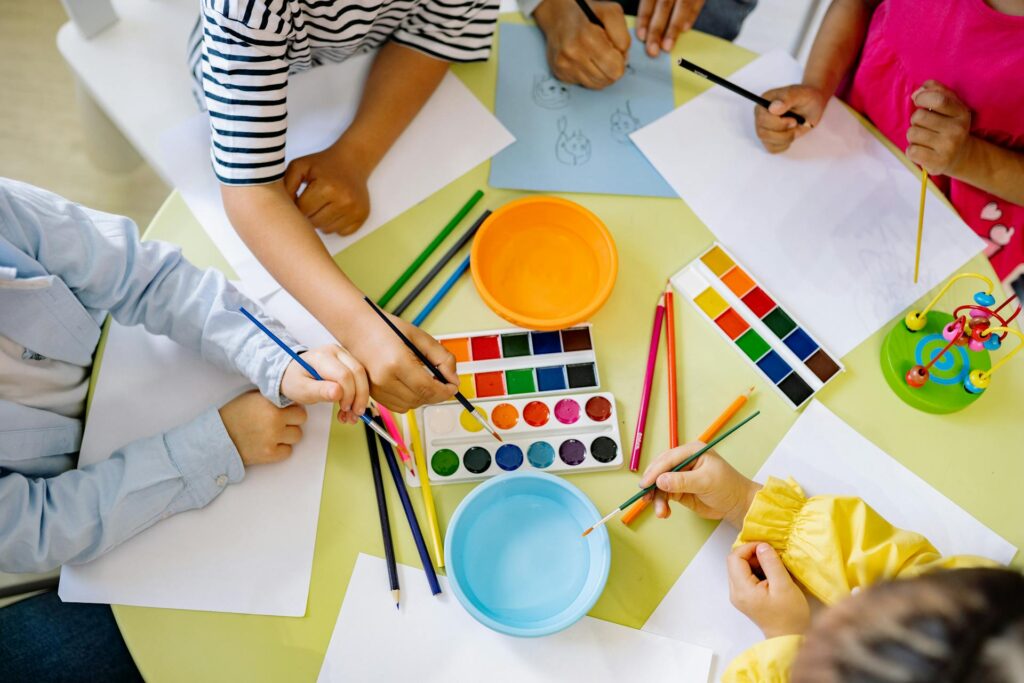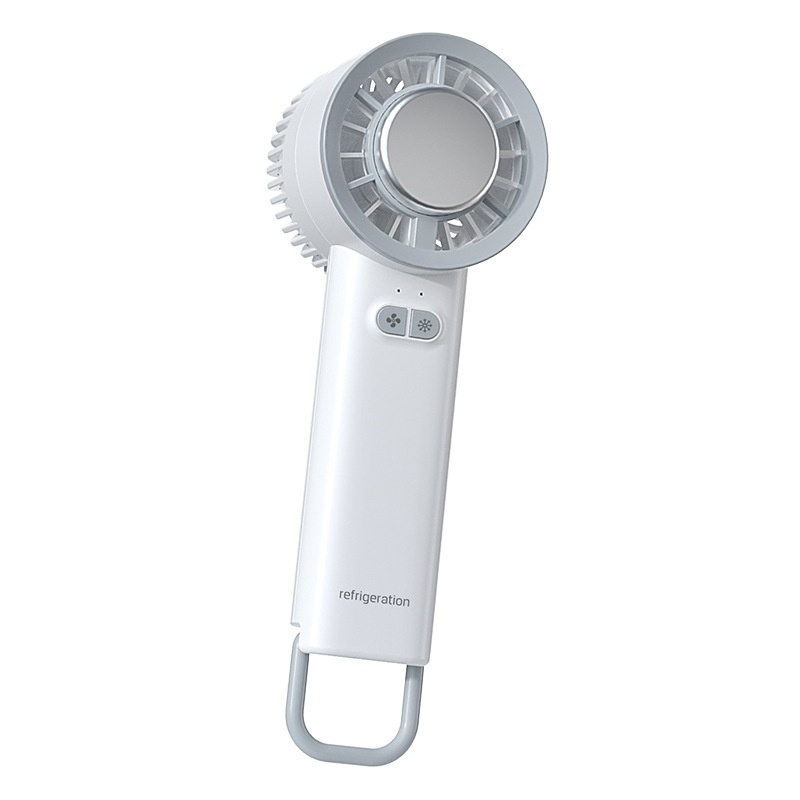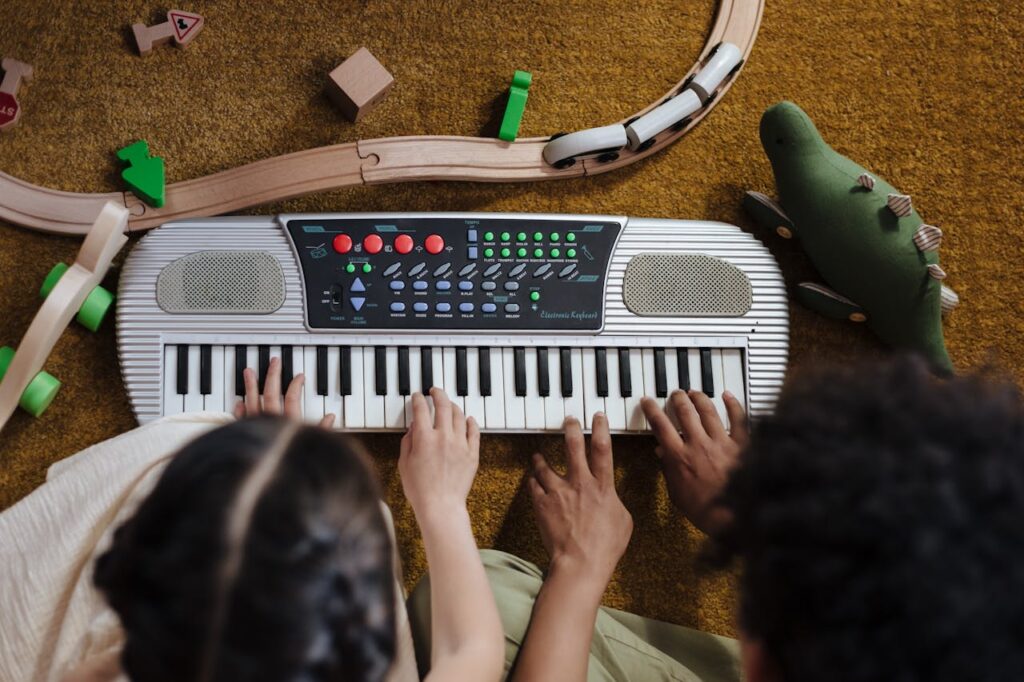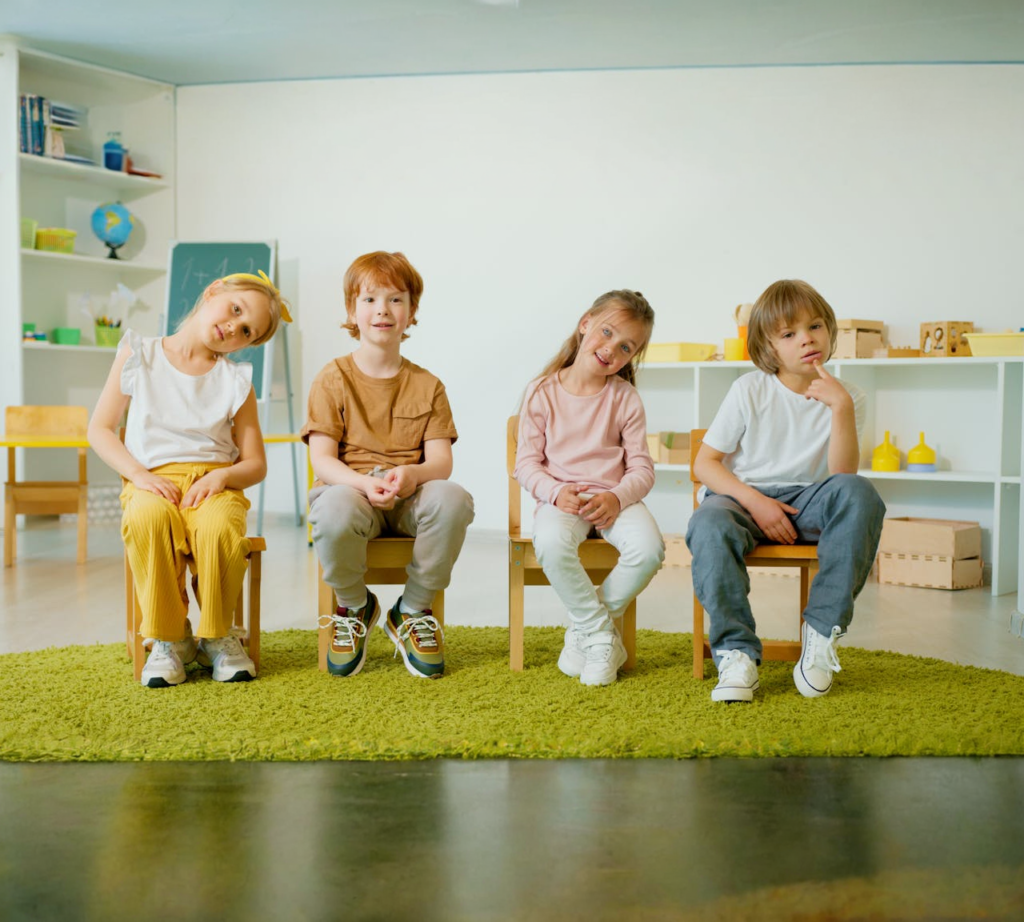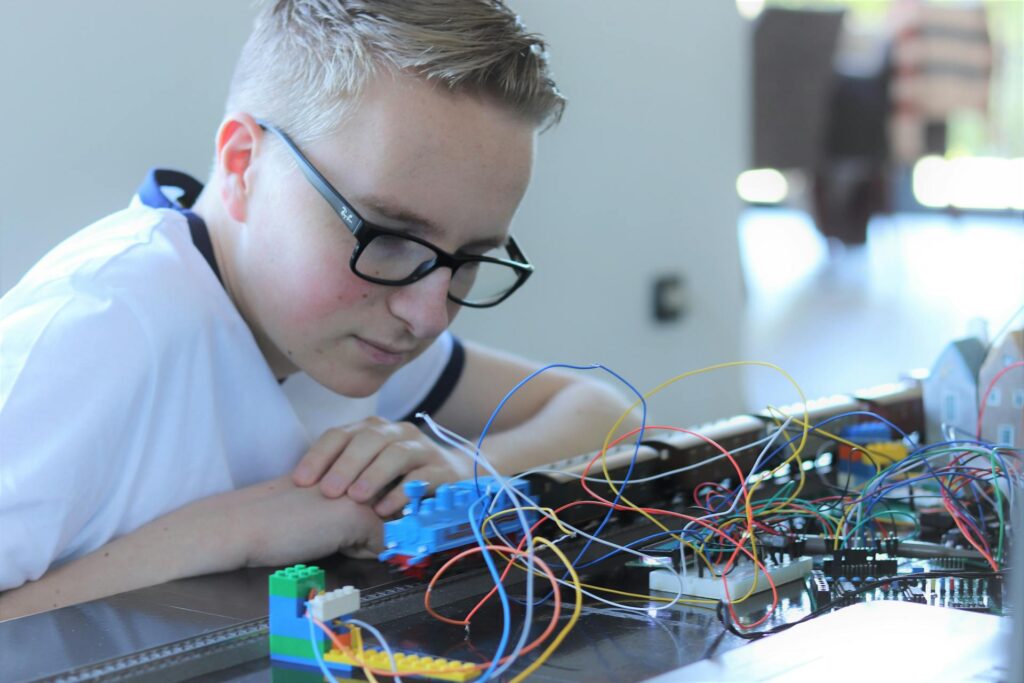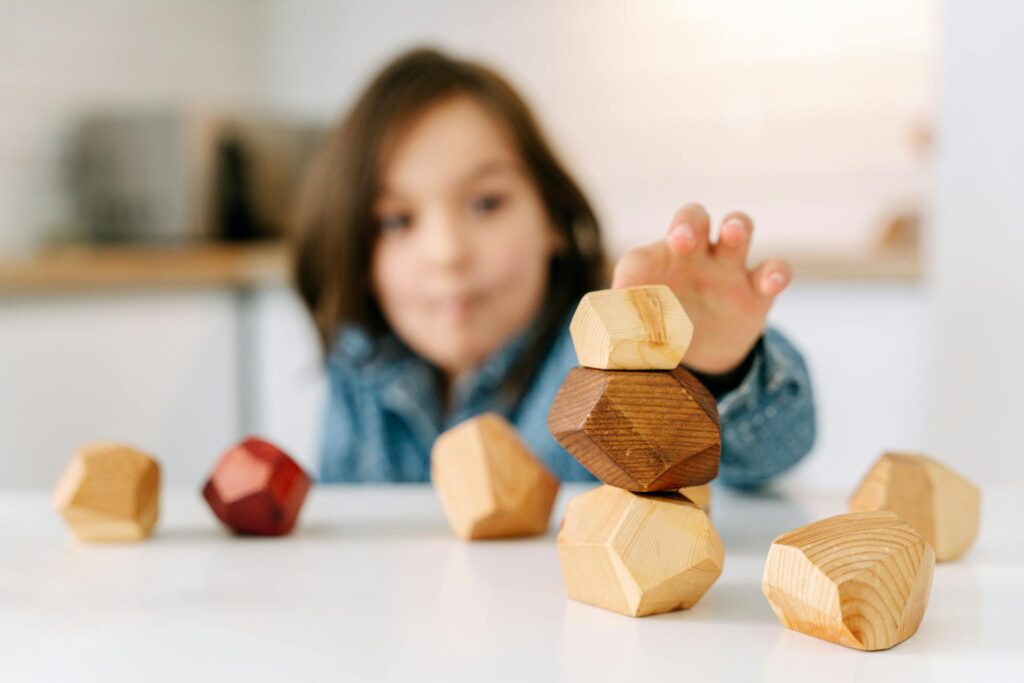Blog
Why Every Child Needs Toys
The Role of Play in Development
Toys are more than just sources of entertainment; they play an essential role in helping children grow and learn. From building creativity to improving social interactions, toys can shape a child’s development in many positive ways. Through play, children discover the world, solve problems, and express their imagination, making toys a crucial part of childhood.
Cognitive Benefits of Toys
Toys can significantly enhance a child’s ability to think critically and solve problems. For example, puzzles and building blocks encourage logical reasoning and develop spatial awareness. Role-play toys, such as kitchen sets or tool kits , allow children to mimic real-world activities, giving them a better understanding of cause and effect. These experiences strengthen cognitive abilities that are fundamental for learning and everyday problem-solving.
Interactive and educational toys, like STEM kits, introduce concepts like numbers, shapes, and colors in engaging ways. These types of toys make learning enjoyable and effective, helping children absorb new knowledge effortlessly.
Dolls and action figures allow children to act out emotions and relationships, teaching them empathy and communication skills. Successfully completing a toy-based activity or game can also build confidence and resilience in children, preparing them for future challenges.
The Role of Creativity
Open-ended toys, such as art supplies or musical instruments, encourage children to think creatively and express themselves freely. Activities like drawing or building with blocks nurture imaginative thinking and allow children to experiment without constraints.
Creative play is vital because it encourages children to approach problems from different perspectives. These experiences not only spark innovation but also enhance a child’s ability to adapt to new situations as they grow older.
Why Play Matters
Play is more than just fun; it’s essential for a child’s overall development. Studies show that children who regularly engage with a variety of toys develop better critical thinking, emotional intelligence, and social competence. Structured and unstructured play opportunities allow children to practice new skills, explore their interests, and build a foundation for lifelong learning.
Parents can support their children’s growth by offering a range of toys that encourage creativity, critical thinking, and emotional expression. From simple building blocks to imaginative role-play toys, each type serves a unique purpose in fostering well-rounded development.
Conclusion
Toys are indispensable tools for nurturing a child’s potential. By selecting toys that encourage creativity, cognitive development, and emotional intelligence, parents can help children build essential life skills while enjoying their childhood. Play is not just about entertainment; it’s a vital component of growth. Investing in toys that inspire learning and imagination ensures that children are equipped to thrive in the future.
Sources:




Related Posts
Top 10 Educational Toys for Kids Under 5
-
Posted by
author.j
- 0 comments
Best Toys for Kids Under 5: A Psychological Guide
-
Posted by
author.j
- 0 comments
STEM Toys: The Ultimate Buying Guide
-
Posted by
author.j
- 0 comments
Wooden Toys: The Best Choice for Your Child
-
Posted by
author.j
- 0 comments

